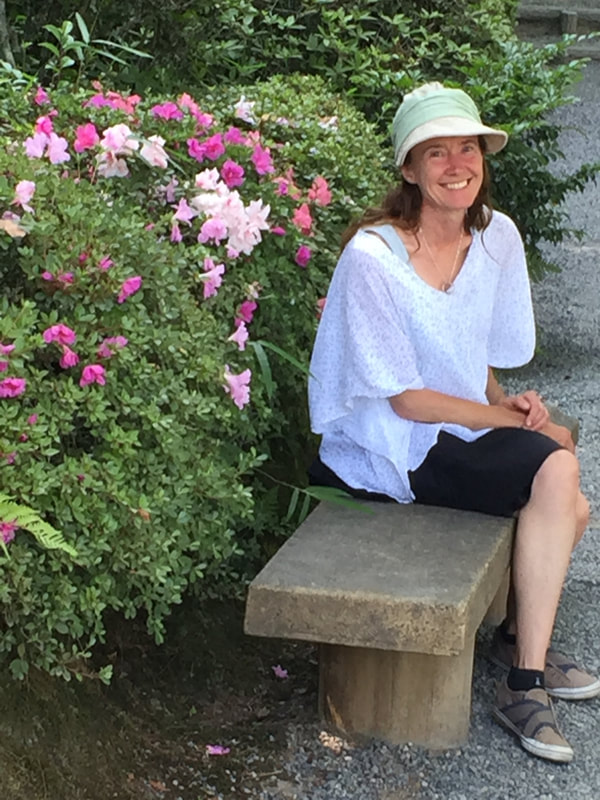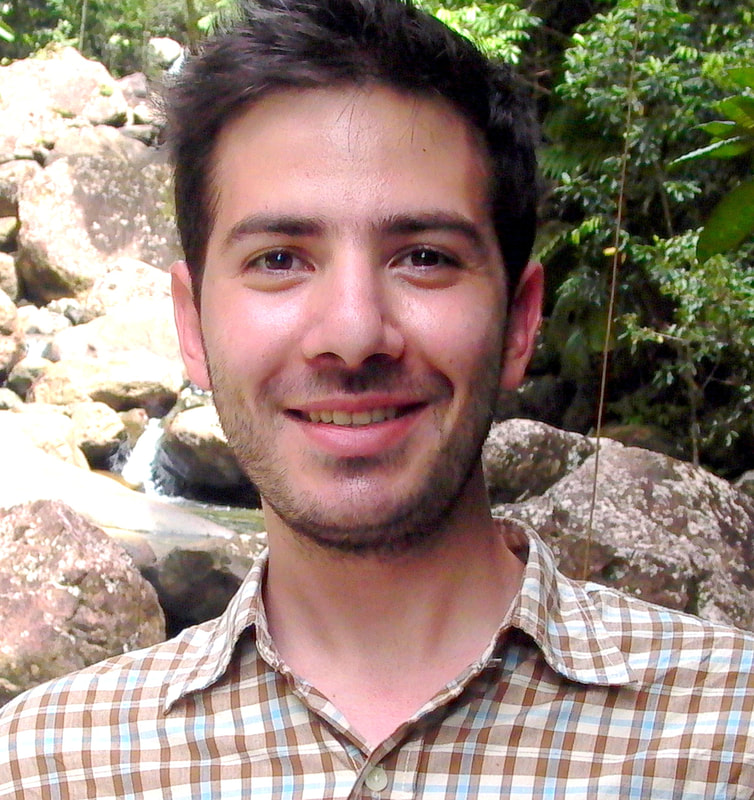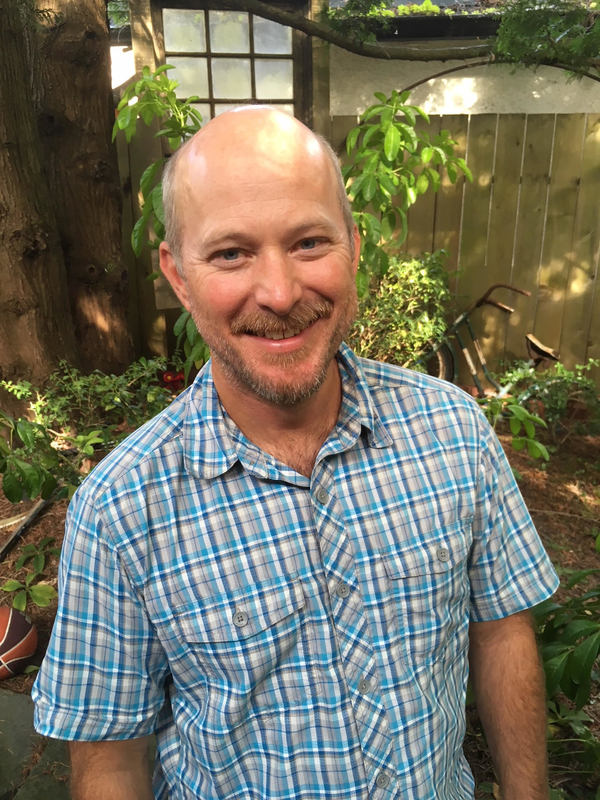My view of ecohydrology is of an interdisciplinary science that studies the interactions between ecosystems (mostly terrestrial ecosystems) and the water cycle. In this regard, ecohydrology requires expertise in different topics and is a cornerstone discipline to address societal challenges related to climate and land use changes, food security, and sustainable use of ecosystem services.
What are your undergraduate and graduate degrees in?
I obtained my Bachelor and Master degrees in Environmental and Earth Engineering but my curricula was very much oriented toward water-related disciplines as hydrology, fluvial hydraulics, and design of hydraulic infrastructure with a solid background in numerical methods and modeling. Only during my PhD and afterwards, I studied topics as terrestrial ecology, plant physiology, soil biogeochemistry and atmospheric science. While my formal training was mostly in hydrology, through self-education, active research, and collaboration activities, I enjoyed very much to cover the gaps that link my original background with these disciplines.
How did you arrive at working in/thinking about ecohydrology?
As a young boy, I had always been captivated by meteorology and extreme weather phenomena. While I did not pay much attention to this inclination in my undergraduate studies, very likely this passion was revived by the study of the water cycle. After having started a PhD in hydrology, I soon discovered that to properly understand and quantify the water cycle, evaporation and transpiration are way more important than the limited space devoted to these subjects in old hydrology textbooks would suggest. Having to deal with transpiration, automatically means having to deal with plants. These alive components, when confronted with the lifeless elements, which are typically the subject of studies in engineering, finally sparked my fascination for water-vegetation interactions, i.e., ecohydrology.
Additionally, while I recognize the “beauty” of simple explanations and parsimonious structures able to highlight the emergence of general governing principles, I am inclined to be attracted more by complexity, by behaviors that can only be explained combining multiple processes. Also in this case, ecohydrology was the perfect venue to direct my interests.
What do you see as an important emerging area of ecohydrology?
While I think we understand quite well various aspects of water-vegetation interactions observed in the past, there is still a great deal of uncertainty in how water cycle and ecosystems will respond to mutated environmental conditions, as changes in climate (e.g., precipitation, atmospheric CO2 concentration, vapor pressure deficit). Finding innovative ways for studying ecohydrological responses to environmental changes across different scales from the leaf to the globe is probably not a completely new problem but nevertheless extremely important.
Furthermore, I think there will be an increasing attention toward “urban ecohydrology”. There are major concerns related to ecosystem transformations and alterations of water, carbon and nutrient cycles in urban areas, where population is increasing and land-use is changing dramatically. An often-proposed mitigation strategy to counteract negative effects of urbanization on micrometeorology, hydrology, biogeochemical cycle, is the increase of vegetation in cities. There is a critical need to understand and quantify the interactions and associated feedbacks between ecological systems and the hydrological cycle in urban environments.
Do you have a favorite ecohydrology paper? Describe/explain.
If I have to select a single article, which modified my way of looking at ecohydrology, this is Ivanov et al., 2008, WRR. I read this article when it was still unedited and I was at the beginning of my PhD. It was an article describing a model, but I was captured by the level of mechanistic representation and description of hydrological and vegetation processes, especially when compared with the large degree of empiricisms in methods I was taught during my studies. For the first time, I realized that we could use conservation of mass, energy, and momentum and reliable parameterizations for a combined modeling of the hydrological cycle and vegetation dynamics.
Ivanov, V. Y., R. L. Bras, and E. R. Vivoni (2008), Vegetation hydrology dynamics in complex terrain of semiarid areas: 1. A mechanistic approach to modeling dynamic feedbacks, Water Resour. Res., 44, W03429, doi:10.1029/2006WR005588.
What do you do for fun (apart from ecohydrology)?
I am becoming always more addicted to traveling. I travel often for work related reasons, but I enjoy taking a few additional days, whenever I can, to explore new landscapes, cultures, meet people with different backgrounds. I also enjoy very much sports, such as soccer, cycling, and swimming even though my time commitment in this regard is much less than it should be.




 RSS Feed
RSS Feed